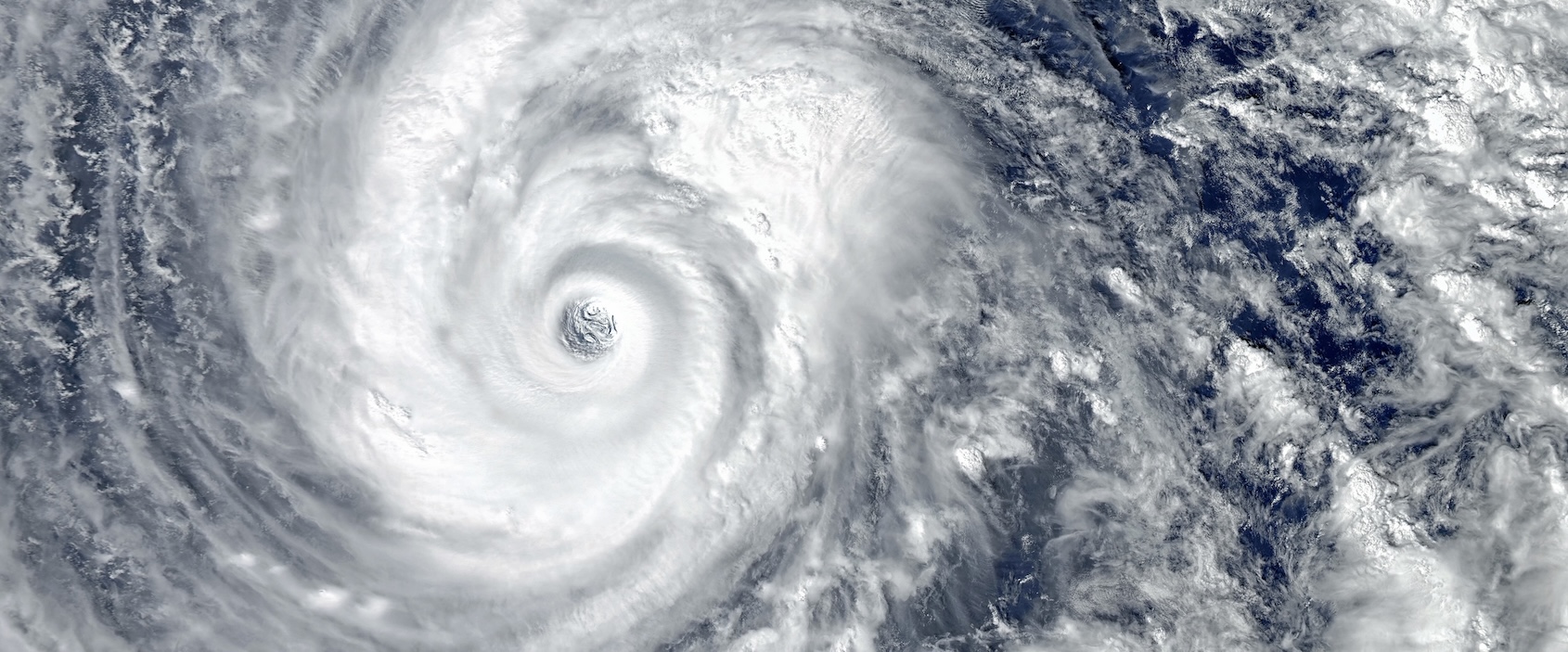As the 2025 hurricane season approaches its peak (typically August through early October), security guards across the country must remain vigilant and prepared for the increasing frequency and severity of extreme weather events. The National Oceanic and Atmospheric Administration and experts at Colorado State University recently announced that they expect an “above-normal” season, predicting between 13 to 21 named storms, with 6 to 11 of those becoming hurricanes. The threat is real, and the implications for businesses, facilities, and personal safety are serious.
Recent flooding disasters in Florida, Texas, and the Northeast have underscored how quickly severe weather can evolve into a crisis. In May, record-breaking rainfall in Houston resulted in flash floods that damaged critical infrastructure, displaced thousands, and overwhelmed emergency response systems. Similar flooding in New Jersey shut down power grids and left many without access to emergency services. These events serve as a stark reminder that emergency preparedness is crucial.
Security guards play a pivotal role in disaster response planning and execution. From protecting physical assets to safeguarding employees and supporting business continuity, security teams are on the front lines before, during, and after a storm.
Here is how security leaders can be prepared:
- Review and Update Emergency Response Plans: Ensure that hurricane preparedness protocols are current, site-specific, and aligned with local emergency management directives.
- Conduct Risk Assessments: Evaluate your facility’s vulnerability to high winds, flooding, or storm surges. Secure loose items, test back-up power systems, and assess the need for physical reinforcements like sandbags, etc.
- Communicate Early and Often: Ensure there are clear, proactive communication protocols in place with clients, staff, and leadership. Make sure that emergency contact lists are updated and that your team understands roles and responsibilities during emergencies.
- Train and Conduct Drills: Regular emergency drills will ensure your team is ready to respond swiftly and confidently. Incorporate realistic scenarios that mimic evacuations, flooding, and shelter-in-place requirements into the training. Ensure security guards are up to date on their fire life safety training.
- Leverage Technology: Utilize mass notification systems, GPS tracking for mobile units, and real-time weather alert tools for optimal situational awareness.
Hurricane season is not just a weather event – it is a test of leadership, readiness, and resilience. As climate events become more extreme, the role of private security grows increasingly important.
Now is the time to reinforce emergency management plans, promote cross-functional coordination, conduct risk assessments, and invest in hurricane preparedness. By taking these steps, security guards will be protecting not only property but also lives.
Contact Inter-Con today to assist with your security and emergency preparedness needs.
